
Undergoing a liver transplant is a life-altering experience that comes with both physical and emotional challenges. While the physical aspects of recovery are often well-discussed, the emotional journey post-transplant is equally crucial. Coping with emotional challenges after a liver transplant requires a holistic approach that encompasses self-awareness, support systems, and resilience.
The first step in coping with emotional challenges is acknowledging the range of emotions you may be experiencing. From gratitude and relief to anxiety and fear, it is normal to feel a whirlwind of emotions after a significant medical procedure. Take the time to reflect on your feelings, recognizing that it’s okay to have both positive and negative emotions.
The emotional journey post-transplant can be complex, and seeking professional support is a valuable step in coping. Psychologists, counselors, or support groups specializing in transplant patients can provide a safe space to express your emotions and develop coping strategies. These professionals can help you navigate the challenges and provide coping mechanisms tailored to your unique situation.
Surrounding yourself with a strong support system is crucial during the emotional recovery phase. Share your thoughts and feelings with close friends and family, as they can offer understanding, encouragement, and companionship. Don’t hesitate to lean on your support network when you need help, and communicate openly about your emotions to strengthen these relationships.
Emotional well-being can be enhanced through mindfulness and relaxation techniques. Practices such as meditation, deep breathing exercises, and yoga can help reduce stress, anxiety, and promote a sense of calm. Incorporating these techniques into your daily routine can contribute to emotional resilience and a positive mindset.
It’s essential to set realistic expectations for your recovery journey. Understand that emotional healing may take time, and there will be ups and downs along the way. Celebrate small victories, and be patient with yourself as you adjust to post-transplant life. Setting achievable goals can provide a sense of accomplishment and contribute to a positive emotional outlook.
Connecting with others who have undergone a similar journey can be incredibly beneficial. Online forums, support groups, or local meet-ups with fellow transplant recipients can provide a sense of community and understanding. Sharing experiences and learning from others who have faced similar emotional challenges can be empowering and comforting.
Finding joy in meaningful activities can play a significant role in emotional recovery. Whether it’s pursuing a hobby, volunteering, or spending quality time with loved ones, engaging in activities that bring fulfillment and happiness can positively impact your emotional well-being.
Coping with emotional challenges after a liver transplant is a multifaceted process that requires patience, self-awareness, and support. By acknowledging your emotions, seeking professional help, building a strong support system, practicing mindfulness, setting realistic expectations, connecting with fellow transplant recipients, and engaging in meaningful activities, you can navigate the emotional rollercoaster and move towards a more positive and fulfilling post-transplant life. Remember, your emotional well-being is just as important as your physical recovery, and addressing both aspects is key to a holistic and successful transplant journey.


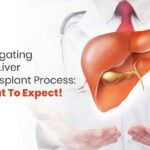


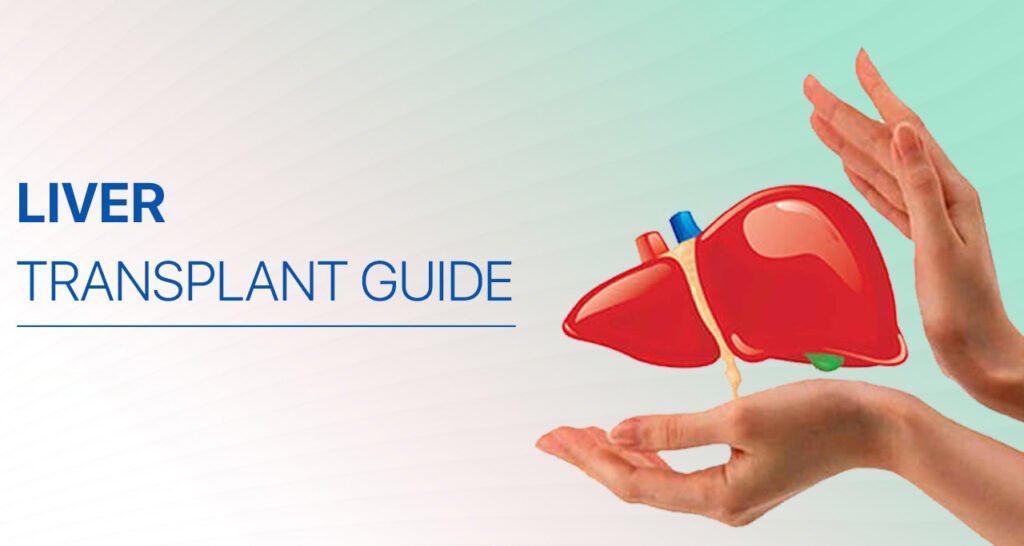
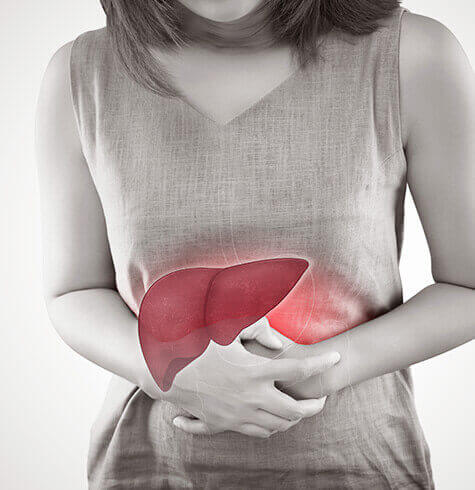




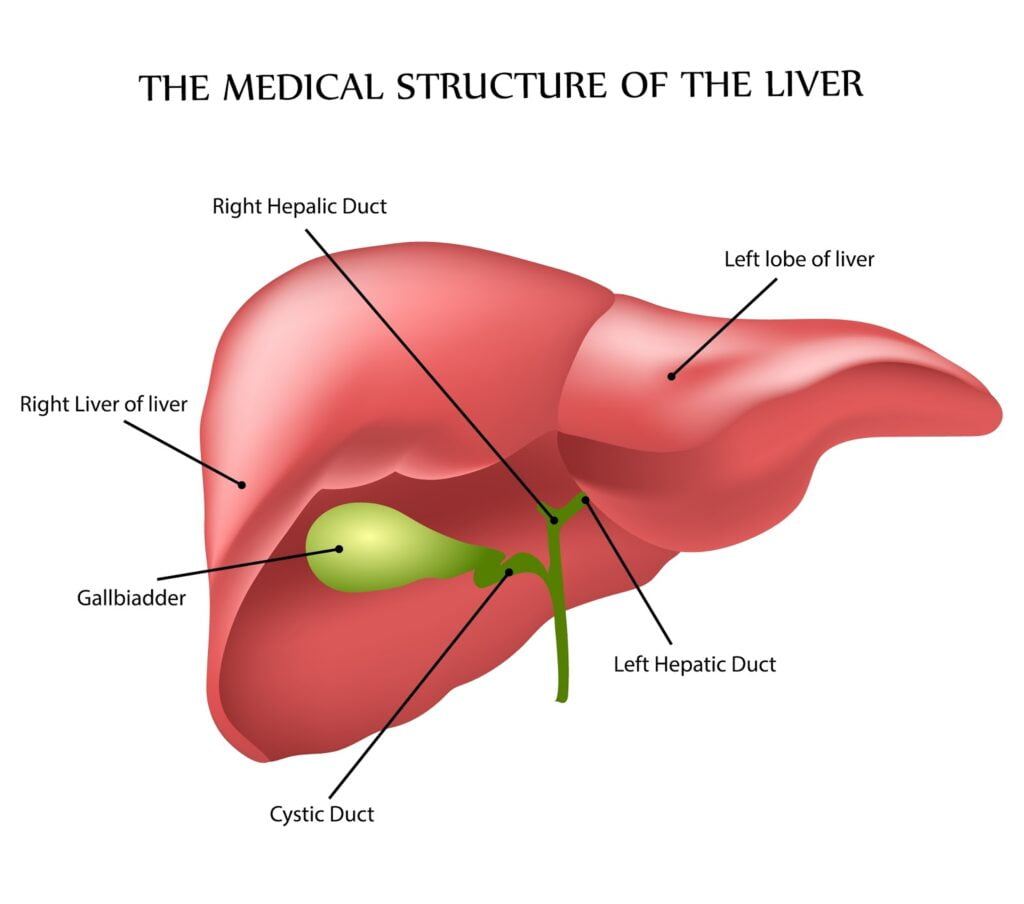
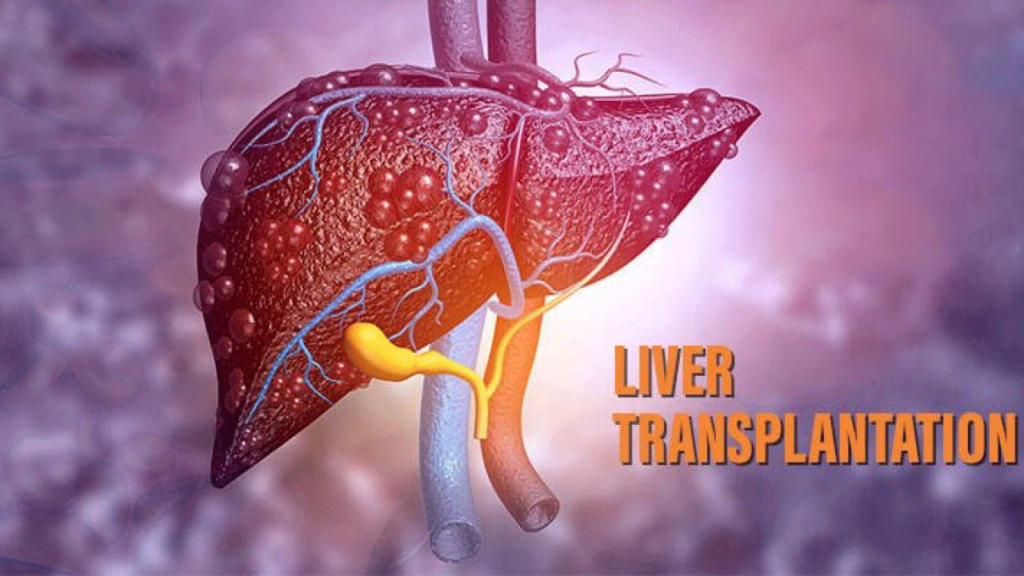


Indian Health Adviser (IHA) is a healthcare facilitator seeking to make health and wellness easier for people of international residents, their families, and their friends.
Designed by Acmeinfolabs